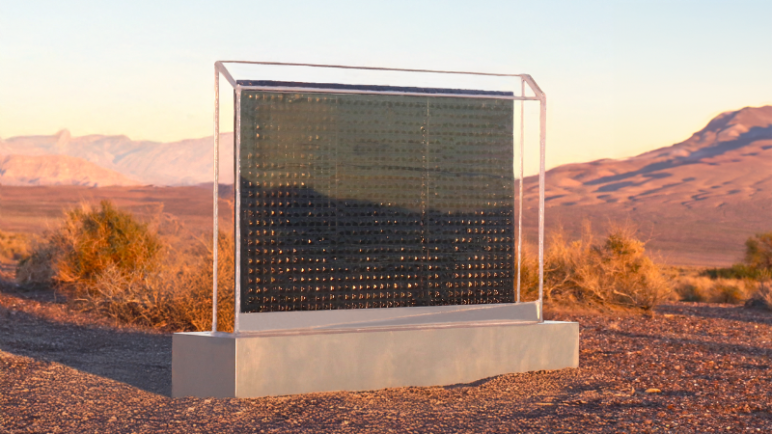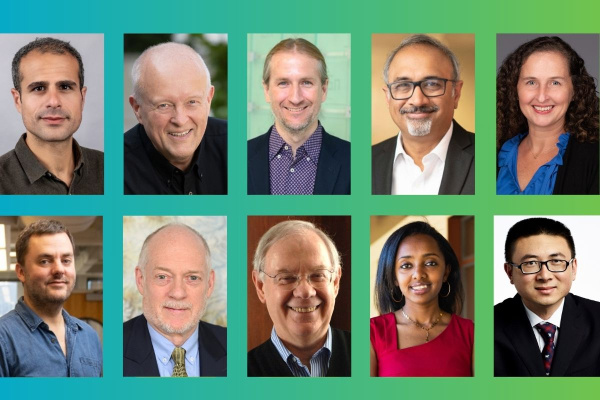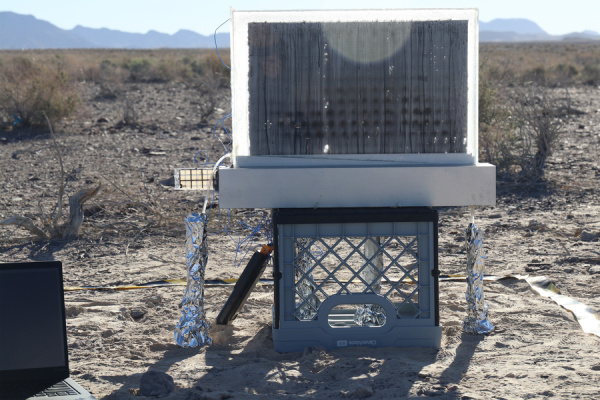Our Research Global access to safe drinking water in resource-constrained and water scarce areas

The water harvesting device in the desert.
Principal Investigator
Xuanhe Zhao
- Uncas and Helen Whitaker Professor
- Department of Mechanical Engineering
Xuanhe Zhao is the Uncas and Helen Whitaker Professor at MIT. He is an internationally recognized leader in the field of soft materials and systems. He is the recipient of the Humboldt Research Award, SES Young Investigator Medal, ASME Hughes Young Investigator Award, Adhesion Society’s Young Scientist Award, NSF CAREER Award, and the ONR Young Investigator Award. His publications have received over 51,000 citations, and over 20 of his patents have been licensed by companies that benefit millions of people each year. He is the co-founder and/or scientific advisor of multiple startup companies, including SanaHeal, Magnendo, Sonologi, Obit, and Pelva.
Photo credit for headshot: Tony Pulsone
Challenge:
Can we develop a scalable, cost-effective, and decentralized water harvesting system tailored for resource-limited regions and demonstrate real-world applications?
Research Strategy
- Develop and scale solar-driven atmospheric water harvesting devices
- Enhance kinetics in hydrogel-based water harvesting through hierarchical porous design
- Ensure long-term stability of the hydrogel and enhanced device’s operational life
- Deploy and test in the field
Project description
Currently, 2.2 billion people lack access to safe drinking water, and this number is projected to surge to 5 billion globally by 2050 due to the combined effects of climate change, population growth, and increasing urban, industrial, and domestic water demand. Zhao and his team aim to provide global access to safe drinking water at scale and speed by scaling up and deploying efficient, low-cost, low-maintenance, decentralized water harvesting systems, demonstrating real-world applications within two years.
Recognizing the complexities of landlocked, off-grid regions with limited energy infrastructure and maintenance access, the team’s project focuses on a solar-driven atmospheric water harvesting (SAWH) system, a fully passive system that utilizes only solar energy to extract water from ambient air, a ubiquitous resource globally without geographical limitations. The group’s technology is designed for family-scale implementation, targeting regions with constrained resources. They aim to advance and optimize the SAWH system from lab- to large-scale implementations.
News
Additional Details
Impact Areas
- Water
Research Themes
- Sensors & Monitoring
Year Funded
- 2025
Grant Type
- Seed Grant
Status
- Ongoing


